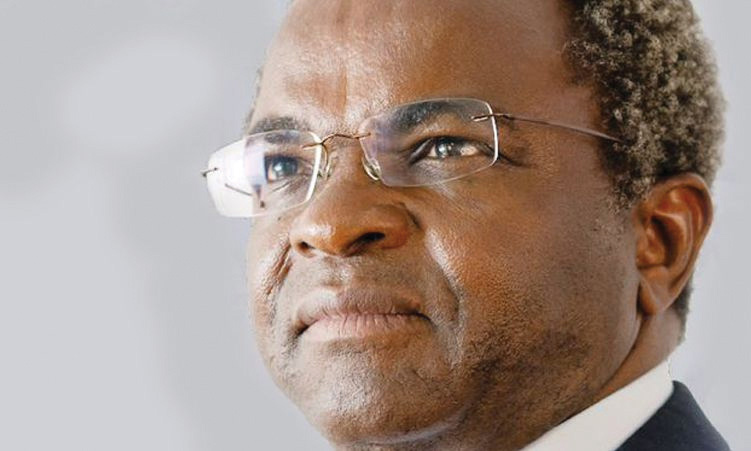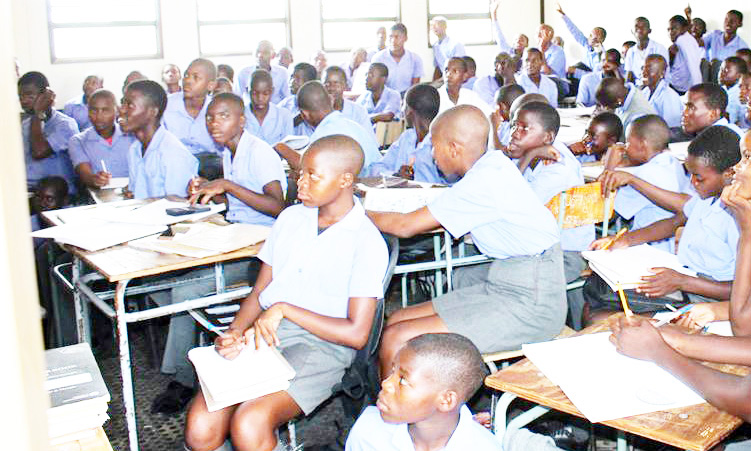JOHANNESBURG – Southern African countries are striving to create a more flexible and active electricity trading pool which could be a blueprint for the rest of the continent, an official said yesterday.
Africa is battling acute power shortages and the new model could help trade power in countries that may have excess capacity.
Alison Chikova, chief engineer at the Southern African Power Pool (SAPP), said the pool wants to give utilities the chance to cover short term supply shortages.
Only five per cent of all power traded in the region is in the short-term energy market, with prices set by the seller and administered by SAPP, and the rest is exchanged via bilateral long-term contracts with fixed tariffs.
But the power pool is testing a more competitive system, where prices will be set based on demand and supply between the utilities in the countries where SAPP operates.
The new system could also see the introduction of other players, including independent power producers.
We want to move to a level where we can introduce real time trade of electricity,’ Chikova said at an Africa power conference in Johannesburg.
It will reflect the true price of electricity and will help investments to come in, both in transmission and generation.’
The system will go live at the start of October, he said.
South Africa is the dominant producer in the SAPP, and a major exporter within the SAPP framework, but other countries in the region, including Zambia and Mozambique export surplus power to power-starved countries such as Zimbabwe and Namibia.
Tom Butler, a senior official at IFC, the World Bank’s private sector lending arm, said power pools were a cheaper solution for smaller countries which were installing power generating facilities at high cost.
The power exporting model should be one of the solutions for a lot of the smaller countries,’ he said.
EAST AFRICA
A similar power pool is taking shape in eastern Africa, where about eight countries plan to link their power grids.
Kenya has had a long-standing link with Uganda, and is on the verge of agreeing a deal to connect its grid with Ethiopia, which is itself in talks to link its grid to Sudan.
Slow connection of power grids and a focus by each country on its own individual power generation plans had held back the region’s power pool, Joseph Njoroge, the chief executive of Kenya Power & Lighting Co. said.
Different countries have different resources and are mainly concentrating on developing those resources… we need to look at the big picture,’ Njoroge said.
The eastern Africa power pool expected to be up and running by 2015, and would then connect to SAPP by 2020.
He said east Africa had a good chance of success if political will was available, because Kenya, Uganda and Tanzania were endowed with geothermal, hydro and gas respectively, which were diversified resources and not yet fully developed.
Njoroge, who also chairs an Africa-wide union of power transmission utilities, said western Africa was still lagging behind in terms of creating a power pool.
– Nampa-Reuters
Stay informed with The Namibian – your source for credible journalism. Get in-depth reporting and opinions for
only N$85 a month. Invest in journalism, invest in democracy –
Subscribe Now!










